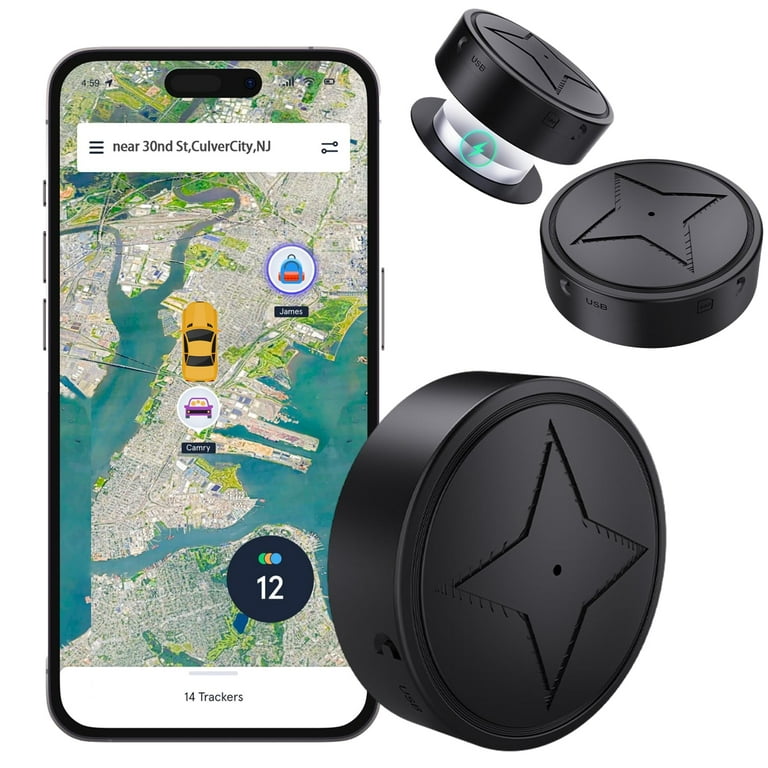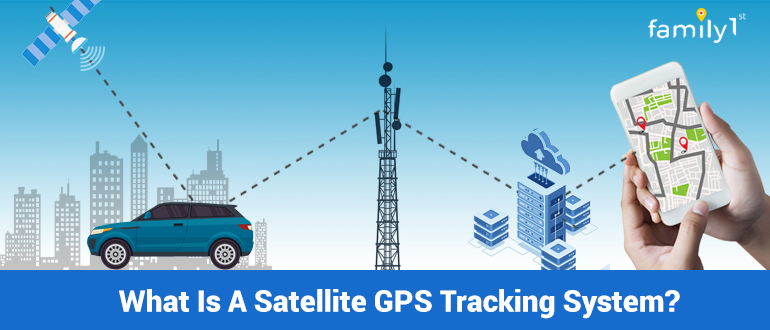Comprehensive Guide to GPS Tracking: Boost Protection and Performance
Comprehensive Guide to GPS Tracking: Boost Protection and Performance
Blog Article
Navigating the Future of GPS Tracking: Advancements, Challenges, and Opportunities Ahead
As we stand at the crossroads of societal ramifications and technological advancements, the landscape of general practitioner monitoring is poised for a transformative journey in advance. The advancement of GPS modern technology has actually been fast, ushering in a new era of real-time tracking capacities that guarantee extraordinary degrees of precision and efficiency. With wonderful technology comes great obligation, as data personal privacy worries impend large and safety obstacles in General practitioner tracking raising important questions about safeguarding sensitive information. Yet, among these challenges lie covert chances waiting to be checked out, offering a glimpse into the untapped capacity of an industry at the brink of adjustment.
Advancement of GPS Modern Technology
The Evolution of GPS Innovation has been marked by substantial innovations in accuracy, insurance coverage, and efficiency for many years. Developed for military purposes, GPS technology has actually evolved to come to be a common tool in various markets, including transportation, logistics, agriculture, and individual navigation. Early general practitioner systems were identified by minimal insurance coverage, lower accuracy, and bulkier equipment requirements. Nevertheless, with recurring technical developments, GPS has transitioned to a lot more exact and reliable systems that offer worldwide coverage and enhanced precision.
One trick milestone in the advancement of GPS technology was the growth of Selective Accessibility (SA) in the 1990s, which deliberately degraded the accuracy of private GPS signals. As General practitioner modern technology continues to develop, we can expect more enhancements in insurance coverage, precision, and performance, opening up new possibilities for development and applications across different markets.
Real-Time Monitoring Advancements
Structure on the developments in GPS innovation that have changed precision and protection, real-time tracking has actually emerged as an essential location of technology with extensive effects across various markets. Real-time tracking improvements make it possible for services and companies to keep an eye on properties, personnel, and lorries instantaneously, providing useful understandings for decision-making procedures - gps tracking. By leveraging real-time data, firms can enhance operational performance, improve client solution, and make certain the safety and security of their assets
One of the crucial advancements in real-time monitoring is the combination of expert system and artificial intelligence formulas, which make it possible for anticipating analytics and anomaly detection. These capacities enable for positive upkeep organizing, course optimization, and threat reduction approaches. Furthermore, the evolution of real-time radar has led to the development of mobile applications and adjustable control panels, encouraging users to accessibility essential details anytime, anywhere.
Data Personal Privacy Problems
Information personal privacy worries include various elements, including the storage, sharing, and retention of area information. Companies have to implement durable protection procedures to secure general practitioner tracking data from cyber risks and data violations. Clear plans concerning data collection methods and the purpose of tracking are necessary to build depend on with customers and guarantee conformity with information security policies.

Security Obstacles in GPS Tracking
Attending to information personal privacy problems in GPS tracking is elaborately connected to mitigating the safety challenges that occur from potential susceptabilities in the innovation. One of the key safety challenges in GPS monitoring is the risk of unauthorized accessibility to sensitive place data - gps tracking. Hackers might intercept GPS signals, manipulate area information, and even track people without their authorization. This not only invades personal privacy however also postures severe safety dangers.

An additional protection challenge is the capacity for spoofing or jamming General practitioner signals. Executing durable file encryption, authentication procedures, and signal verification procedures are important actions in resolving these security obstacles in GPS monitoring.
Arising Opportunities in the Sector
The expanding field of general practitioner monitoring innovation provides a myriad of promising opportunities for sector development and development. One essential possibility exists in the expansion of GPS monitoring applications past standard markets. Industries such as logistics, transport, and fleet monitoring have been very early adopters of general practitioner modern technology. Nonetheless, emerging possibilities are now occurring in locations like medical care, agriculture, and environmental tracking. For example, GPS tracking can change client treatment by allowing remote surveillance of essential indications and making sure prompt clinical assistance. In farming, general practitioner modern technology can optimize plant management practices and boost general yield. Ecological surveillance can benefit from GPS monitoring by making it possible for real-time data collection for climate study and conservation efforts.
One more significant opportunity in the GPS monitoring market is the integration of innovative analytics and fabricated knowledge. By leveraging these innovations, services can gain important insights from GPS data to boost operational efficiency, boost decision-making processes, and deal customized solutions to consumers. Additionally, the enhancing need for linked devices and IoT solutions provides a ripe chance for general practitioner tracking business to expand their offerings and create ingenious services that provide to a more connected globe. By profiting from these emerging opportunities, GPS Check This Out tracking business can place themselves for continual development and success in the dynamic landscape of the sector.
Conclusion
In conclusion, the future of GPS tracking is noted by constant advancement and innovation in innovation. As the industry moves forward, browsing these challenges will certainly be crucial to ensure the continued development and success of GPS tracking innovation.
With wonderful development comes great obligation, as data personal privacy concerns loom big and security obstacles in GPS tracking raising important inquiries concerning securing delicate information.With the quick spreading of GPS monitoring technology in various markets, attending to information personal privacy worries has ended up being a vital crucial for both consumers and organizations alike. The collection of place information via General practitioner tracking raises considerable personal privacy concerns, as it allows the surveillance of individuals' actions and activities. Organizations making use of General practitioner monitoring have to focus on safeguarding this data to avoid unapproved gain access to or abuse that can endanger people' personal privacy rights.
Services should apply durable security procedures to secure GPS monitoring data from cyber dangers and information breaches.
Report this page